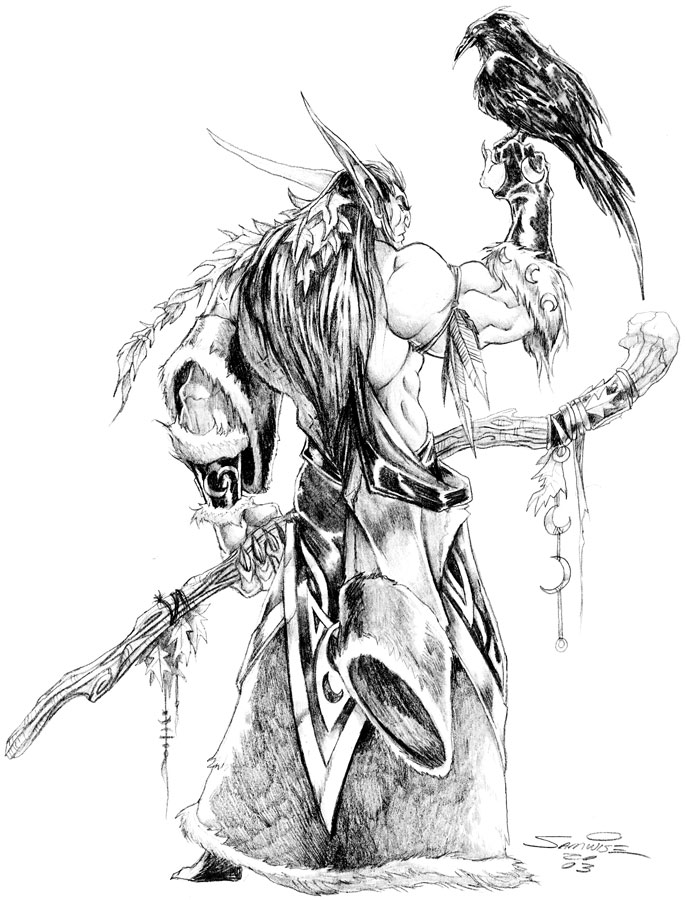Tag: Rogue Priest
-

You Say Tomato, I Say Druid.
Ever since I took the name, Teo Bishop, and made it my own — both in a religious sense and through the proper legal channels — I’ve had cause to explain what it is that I do on this blog. My writing, as well as my deepening engagement with my own spiritual work, are both […]
-
How I Arrived At Pagan
I’m writing to explain my relationship with the identifier, Pagan, and how it sometimes fits and often does not fit my sense of religious identity.
